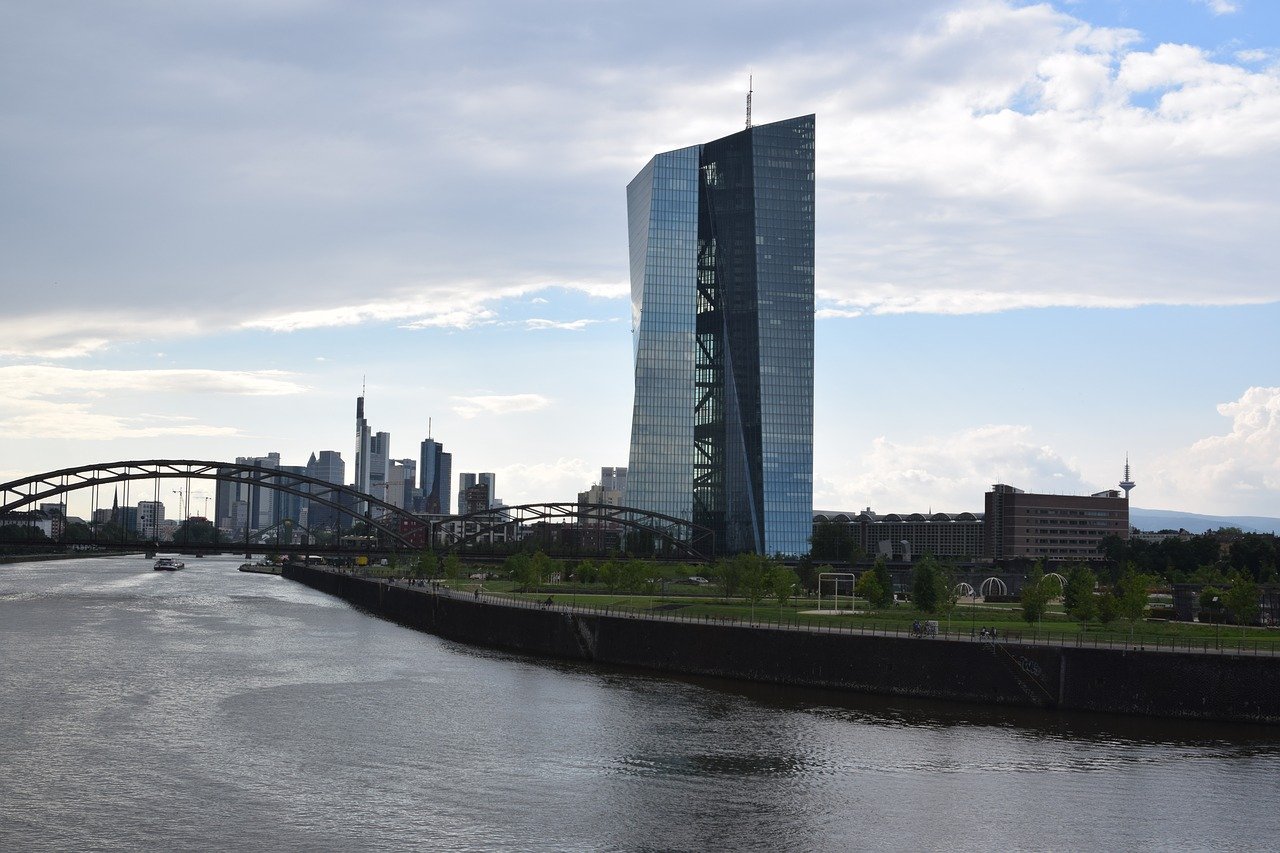
Europe | Monetary Policy & Inflation

Europe | Monetary Policy & Inflation
Stepped up PEPP purchases since the 11 March ECB meeting leave little need for any policy changes at this week’s governing council meeting. President Christine Lagarde is likely to reiterate that the ECB will assess the pace of purchases in June and that, for now, the stance of monetary policy remains appropriate.
The Step Up in PEPP Has Been Moderate So Far
Despite the announcement of a ‘significant’ increase in PEPP purchases for Q2 at the 11 March ECB meeting, weekly data show a fairly limited increase. Average weekly purchases are now running at €16.9bn YTD versus €13.9bn before the March meeting. Expectations were around the €20bn mark, although the Easter holiday has probably played a role in the lower purchases. And Lagarde and other governing council members have cautioned against overanalysing the weekly data with the commitment to increase purchases to run throughout Q2. Total PEPP purchases stand at €960.3bn versus the €1,850bn envelope, currently through March 2022.
This article is only available to Macro Hive subscribers. Sign-up to receive world-class macro analysis with a daily curated newsletter, podcast, original content from award-winning researchers, cross market strategy, equity insights, trade ideas, crypto flow frameworks, academic paper summaries, explanation and analysis of market-moving events, community investor chat room, and more.
Stepped up PEPP purchases since the 11 March ECB meeting leave little need for any policy changes at this week’s governing council meeting. President Christine Lagarde is likely to reiterate that the ECB will assess the pace of purchases in June and that, for now, the stance of monetary policy remains appropriate.
Despite the announcement of a ‘significant’ increase in PEPP purchases for Q2 at the 11 March ECB meeting, weekly data show a fairly limited increase. Average weekly purchases are now running at €16.9bn YTD versus €13.9bn before the March meeting. Expectations were around the €20bn mark, although the Easter holiday has probably played a role in the lower purchases. And Lagarde and other governing council members have cautioned against overanalysing the weekly data with the commitment to increase purchases to run throughout Q2. Total PEPP purchases stand at €960.3bn versus the €1,850bn envelope, currently through March 2022.
But there has also been less need for the ECB to step in. GDP-weighted euro-area yields are largely unchanged versus the March meeting, and the euro is broadly unchanged compared with the appreciation earlier in the year. The earlier tightening in monetary conditions has therefore halted.
Vaccination rates in Europe are also increasing after a very sluggish start. Rising daily COVID cases have forced governments in Germany and France to introduce further restrictions, thereby increasing downside risks to the recovery. But stronger global momentum has buoyed PMIs across the region. The composite PMI is back in expansionary territory for the first time since October, driven by an all-time high in the manufacturing component. The services PMIs have also improved though remain in contractionary territory.
Overall, we expect little new information at Thursday’s press conference. Recent ECB blogs plus the minutes from the last meeting have made it clear that inflation and financing conditions remain the main determinants of the future pace of PEPP purchases after Q2. Lagarde will avoid being drawn into specifying exactly what a ‘significant’ increase means. And until then, policy settings will remain unchanged.
Spring sale - Prime Membership only £3 for 3 months! Get trade ideas and macro insights now
Your subscription has been successfully canceled.
Discount Applied - Your subscription has now updated with Coupon and from next payment Discount will be applied.